Members of the Destination Think team, the Collective, and others have completed an electric and eye-opening week at our Forum 2025 event in Queenstown. Travel leaders gathered to experience and learn from sustainable tourism innovations first-hand. For five days, the Queenstown Lakes district on New Zealand’s South Island showed us the way toward a greener future, and here, we’ll share some of what we learned.
Queenstown was selected for this event due to its many marvellous examples of sustainable innovations. We’re proud to have worked alongside Destination Queenstown (DQ), Lake Wānaka Tourism (LWT), Queenstown Lakes District Council and leaders from throughout the destination for many years to support rapid climate action in the tourism industry, including the development of its ambitious Carbon Zero by 2030 goal. As Mat Woods of DQ and LWT says to encourage his industry colleagues, “If we can do it and show it can be done, then learn and do the same.”
At Destination Think, long-distance relationships are in the nature of the job. We collaborate with travel leaders far and wide to accelerate sustainability. Our typical activities with the Collective have included digital events like 24 Hours of Travel Innovation (2025 edition available here), webinars, working sessions, podcasts, and other ways of sharing knowledge about sustainable travel. Digital organizing like this has a relatively low carbon impact.
We want to make sure our actions match our words about meaningful and responsible travel, so when we ask others to travel to an event, we work to ensure the carbon emissions are justified by the event’s impact. Forum 2025 was designed so that the value of on-the-ground learning and collaboration far outweighs the emissions of travel to Queenstown, and we encouraged every attendee to take responsibility by investing in capturing the carbon equivalent of their journey.
Based on what we have heard from participants, the value of gathering in Queenstown has been undeniable. This was a rare chance to experience tourism’s green future and learn from leaders already navigating climate challenges. As you’ll see below, participants left Queenstown not only inspired but committed to taking action, carrying forward the ideas, partnerships, and practices from this Forum into their own communities.
“Tourism is an enabler to make the world a better destination.” – Rikke Holm Petersen, Wonderful Copenhagen
Below are five main themes that emerged from this incredible week, alongside highlights from innovative experiences and one big lever of change to watch for in the travel industry.
Theme 1: Travel and DMOs have vital roles in the green transition
Collective member Rikke Holm Petersen from Wonderful Copenhagen summed it up well: “Tourism is an enabler to make the world a better destination.” Many of us work in travel because we know that going places can be transformative. It can change your life. In Queenstown, we saw the travel industry taking a role to enable education about new people, places, cultures, and the planet.
“We need to reframe the tourism sector,” says Monique Kelly, a former UN lawyer and founder of the local NGO called WAO. “You’re part of the education sector. Think of yourselves as educators. It fundamentally changes what you do.” Within that space, destination management organizations (DMOs) are well positioned as storytellers and connectors.
Forum field trip: This tourism experience has long been at the forefront of sustainability. We saw Ziptrek Ecotours seizing the opportunity to educate visitors on environmental awareness and action. Our trip up the electric gondola (and back down the ziplines) gave us a new perspective on Queenstown.
Theme 2: The true value of sustainability is resiliency and competitiveness
Participants discussed threats posed by the climate crisis and environmental degradation. Each destination has a different set of challenges, but protecting lands and waters and reducing emissions are common solutions that also protect communities.
Brad Parsell from Tourism Tofino said this week caused him to think more deeply about resiliency. “Emergency preparedness, you know, storing power. We lose power on the west coast of Vancouver Island all the time. And the opportunity that electrification and batteries provide […] I think we can’t rest on our laurels. We’ve gotta keep pushing forward, and I think Tofino is up for that.”
Forum field trip: The team at the breathtaking Lake Hāwea Station shared their deep commitment to ethical farming, traceable wool, and land stewardship. The facility is 2x climate positive, with aspirations for 10x, offering exquisite tourism accommodation and commanding premium prices for climate-positive wool. Their master chef, Dane Archery, crafted a meal that none of us would forget any time soon — every ingredient locally harvested, every bite telling the story of the land it came from.
Theme 3: Destination marketing can hack politics
Electric tractors attract politicians. In other words, the stories that surround exciting, shiny innovations can make green advocacy an easy sell. This points back to the DMO’s role as storyteller and connector. As destination leaders, the Collective has the relationships to form thousands of connections and bring everyone together to solve common problems. Forum participants also observed that regions reliant on tourism seem to attract a disproportionate amount of early adopters – the ones building the electric tractors in the first place.
Forum field trip: We visited Electric Cherries and Forest Orchard Lodge, a farm that’s redefining what sustainable agriculture can look like. Their story is one of experimentation and regeneration, using renewable energy and smart systems to grow responsibly, not just efficiently. They have become the first fully electric cherry farm in the world. Beyond delicious produce, the farm also generates excess electricity through its solar array, which is sold back into the local network. It’s a reminder that progress doesn’t have to come at the planet’s expense.
Theme 4: Establish a greater vision to align support
Queenstown Lakes is known for its 2022 pledge to reach Carbon Zero by 2030. We’re proud to have supported this initiative, and it has been incredibly rewarding to see how the local community and government are rallying behind that goal.
“There are great business cases for many of the things that we saw this week in sustainability and the investments that many of the operators have made. But I think the motivation is really coming from a deeper place about how we live on this planet together.” – Ross Jefferson, Discover Halifax
Queenstown Lakes is known for its advancements in electrification. Hydroelectricity powers the majority of the South Island’s grid, and 85.5% of New Zealand’s electricity comes from renewable sources.
Electric transportation options are increasing, and Ross Copland, Chief Executive of NZ Southern Infrastructure, challenged us to see long-term growth differently. He introduced everyone to the rule of 70% divided by growth at a 10-year timescale. For example, at 7% annual growth, a destination must double its infrastructure every 10 years. That means transportation, energy, water – everything – has to scale quickly.
As an alternative to only building more roads, he presented Southern Infrastructure’s proposed fully electric, zero-emission cable car system capable of moving the equivalent of a 50-seat bus every minute, powered by private investment and designed for low environmental impact. It’s scalable. Sustainable. Low-impact. And it shows what’s possible when destination marketing and infrastructure teams work together for a shared goal: moving people efficiently without moving away from values.
Later in the week, we heard from Xero founder Rod Drury and stories of several other local investments in electrification. Those include electric wakesurfing boats, electric marina charging, electric autonomous buses, increasing electricity supply and a second electric gondola transportation project called Whoosh.
Read more about Queenstown’s gondola projects via RNZ.
Theme 5: Humans are social creatures
Change happens when enough people move in the same direction. “I am going to remember what makes us human,” said Kristen Bertuglia of the Town of Vail, when asked what she’d take back home with her. “It is a thousand cups of tea or coffee, and it is connecting with people. On a human level, we’ve got to stop the divide that we have and remember that we all care about place.”
Connecting across destinations and industries was also valuable. Casey Owen from Destination Hauraki Coromandel said it this way: “We’ve set [our initiative] up really well, but I think maybe we’ve been a bit quiet and a bit fearful about it. And I think this has given me confidence to actually bring everyone on the journey with us. And so I’m feeling energized to get out there, talk to my industry, talk to a wider community, like outside of the tourism industry and get everyone together and on the same page.”
Travel’s silver bullet?
Aviation is one of the travel industry’s greatest producers of greenhouse gases. At the moment, though, the world lacks a fast, carbon-free alternative for long-haul travel. What else can be done? Contrail management might be the closest thing to a silver bullet that can reduce the warming impact of aviation with current aircraft. At our 2024 edition of 24 Hours of Travel Innovation, we learned that a coordinated effort to manage better flight paths and reduce contrails could substantially lower emissions – no new technology required. (You can watch the presentation here.)
At Forum 2025, memories were made, and tears were shed. Seeing green innovations first-hand is powerful. Tim Booth, CEO at Tourism Whitsundays, put it this way: “We’ve been able to see some world-leading examples of how to run a sustainable and carbon-positive business, as well as just people transitioning and making incredible, small changes that obviously have such a big effect across the globe.”
It’s important to spread the kinds of green solutions, innovations, actions, pilot projects, and experiments such as those we saw in Queenstown. And we look forward to the next gatherings of like-minded tourism leaders working toward a better future for travel, the planet, and future generations.
Photography provided by Danny Gariepy.


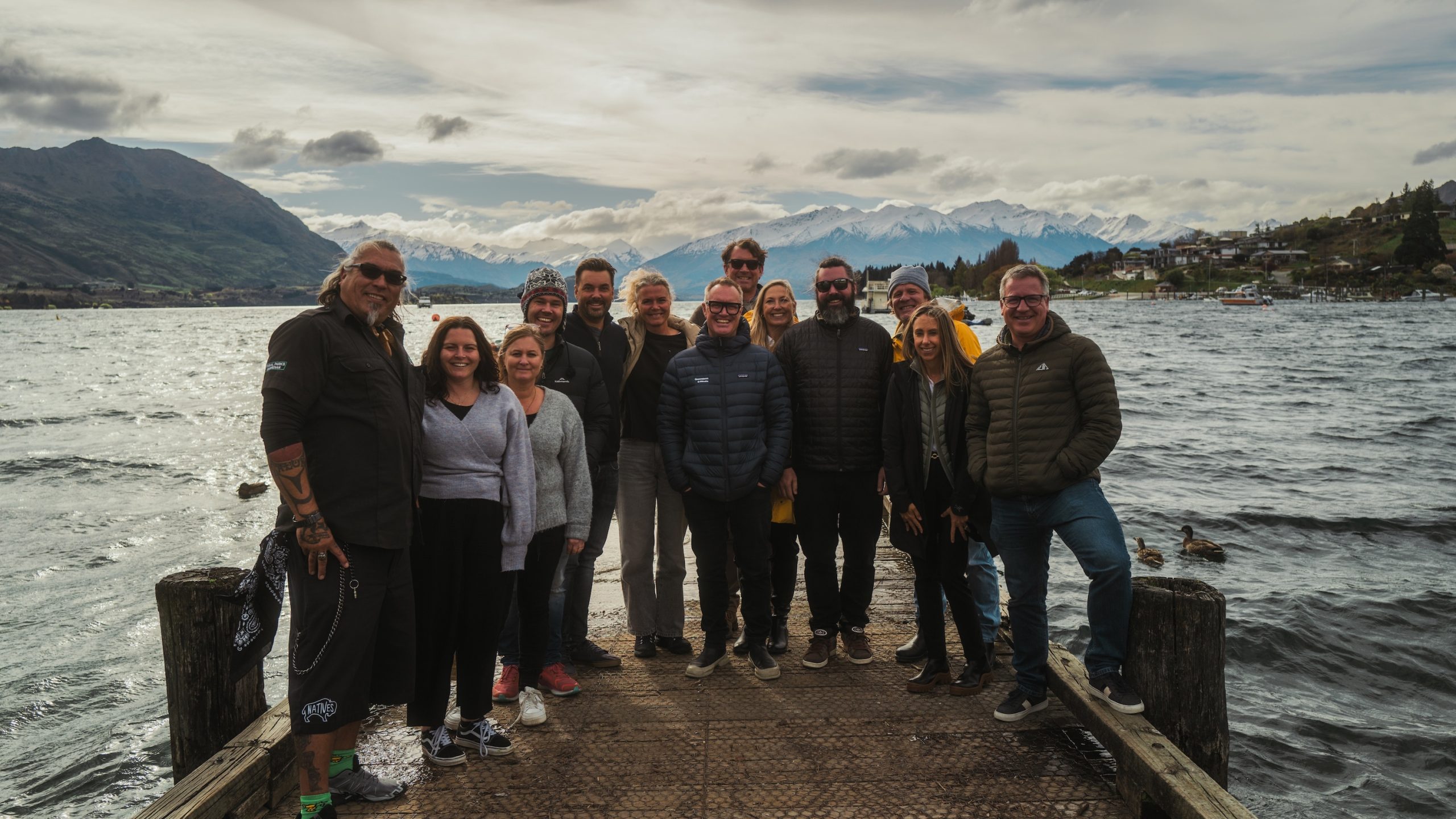
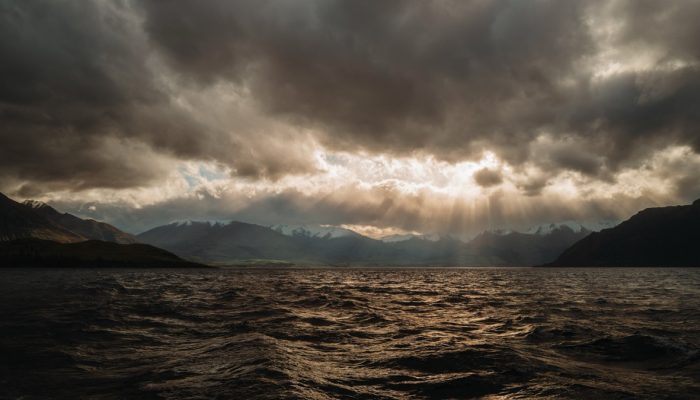
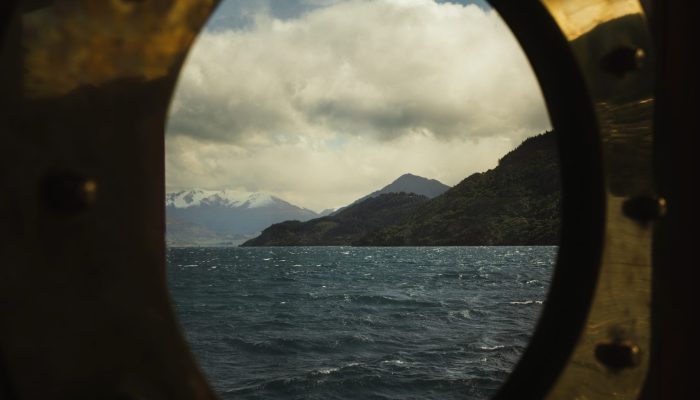
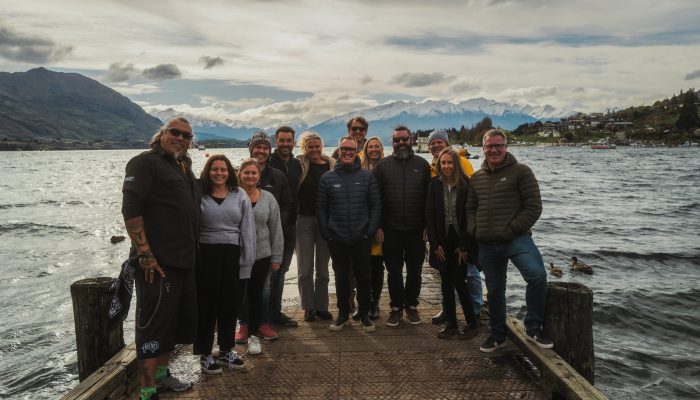
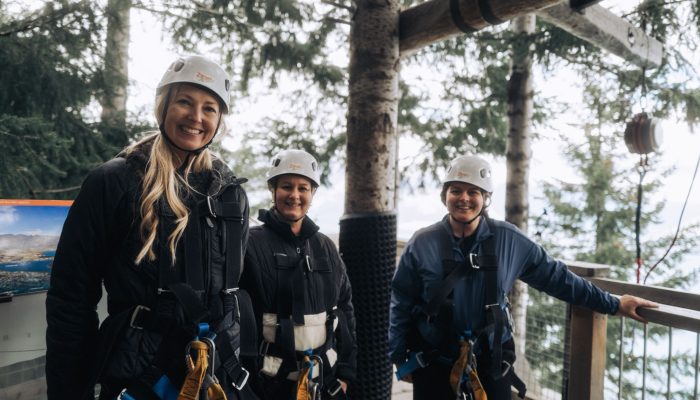
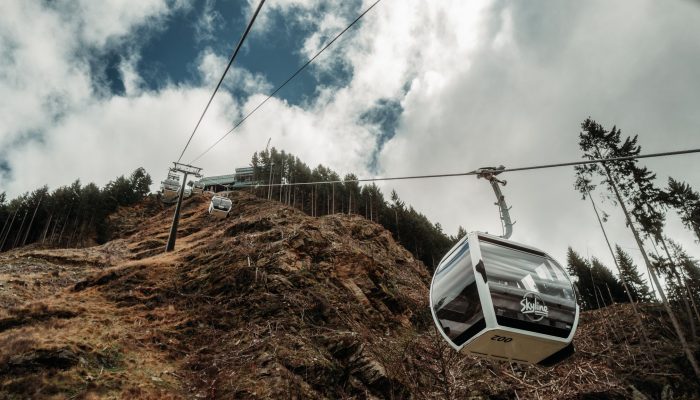
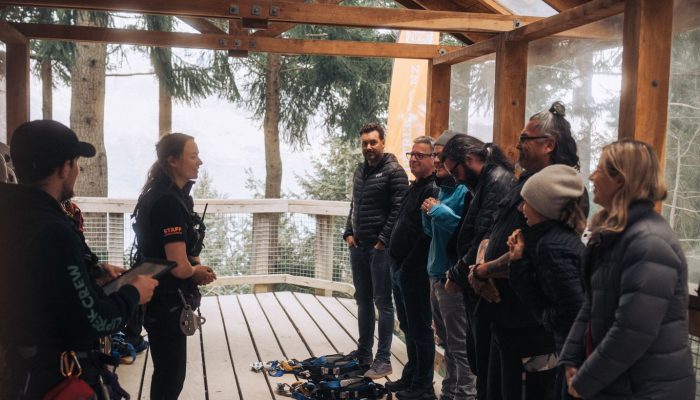
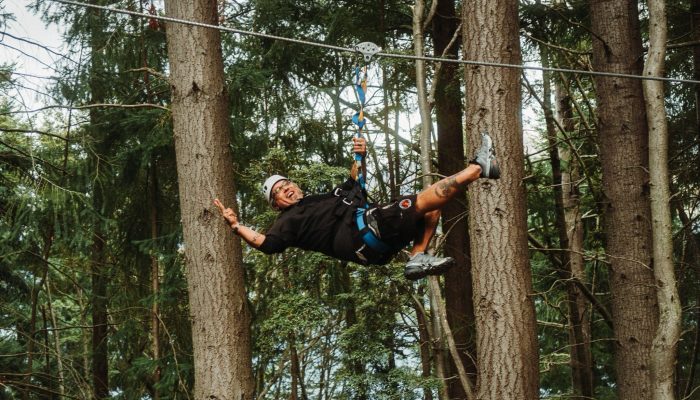
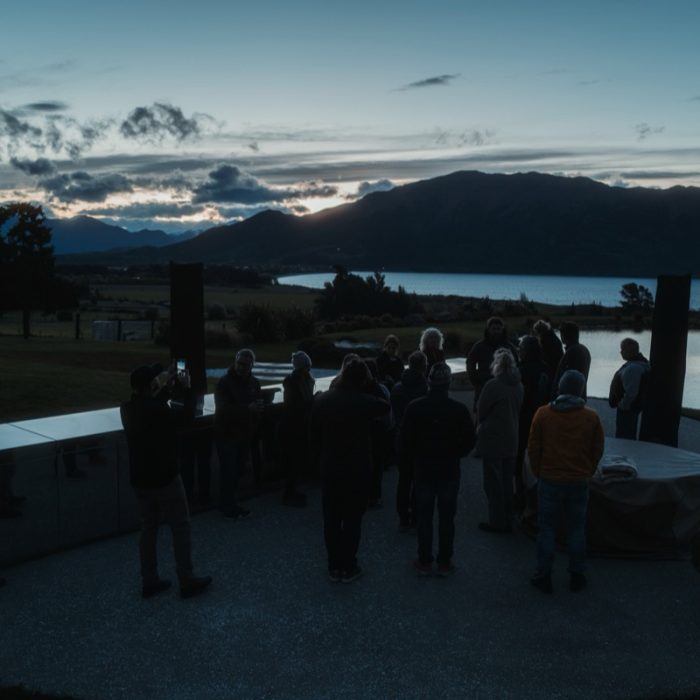
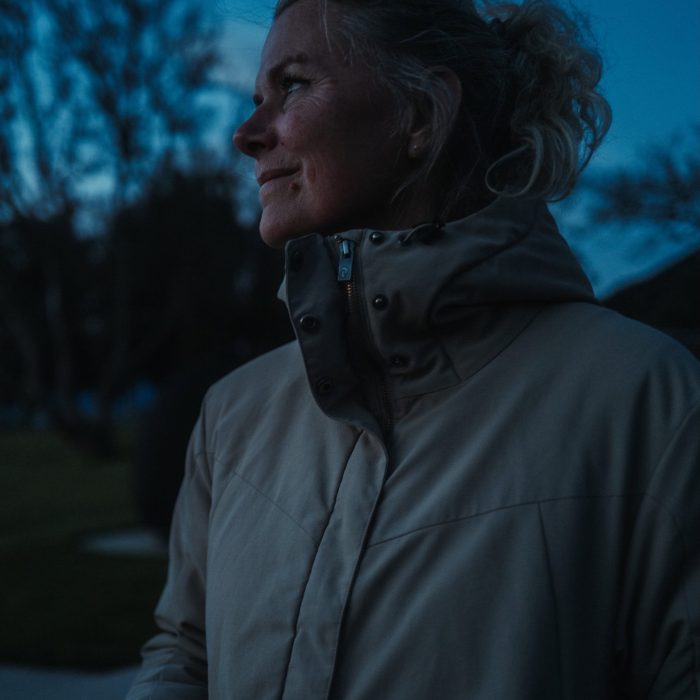
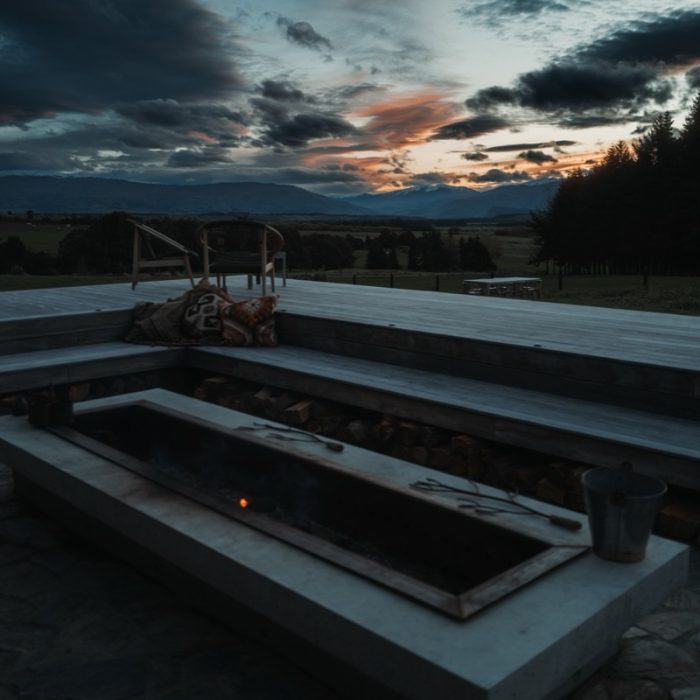
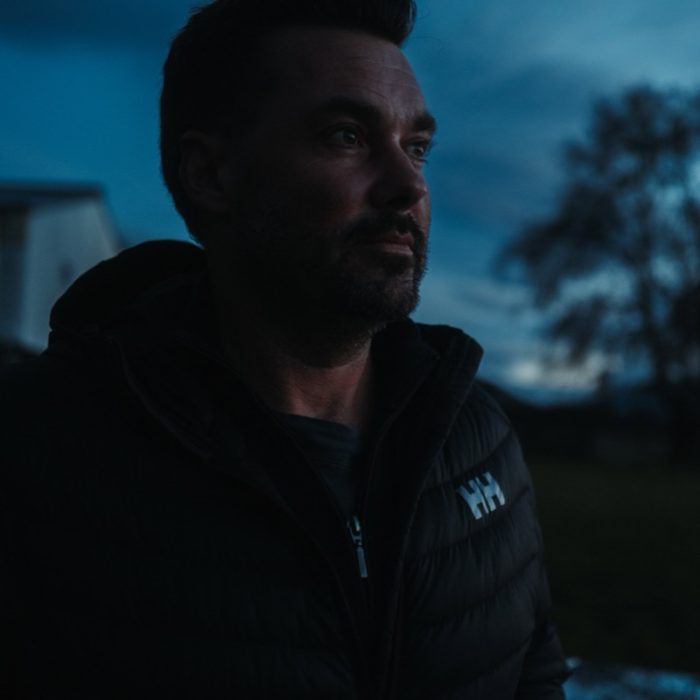
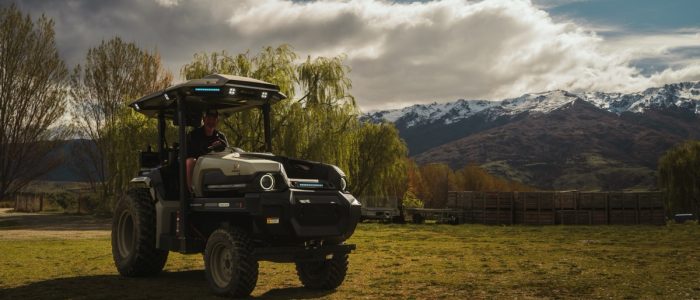
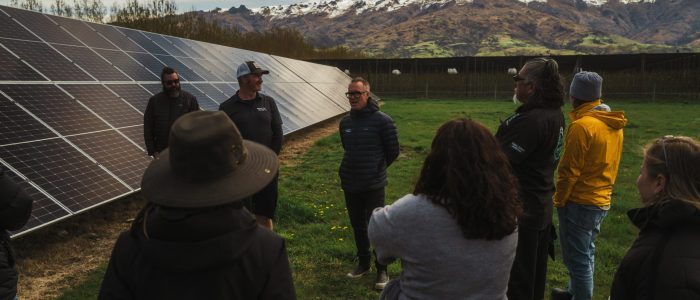
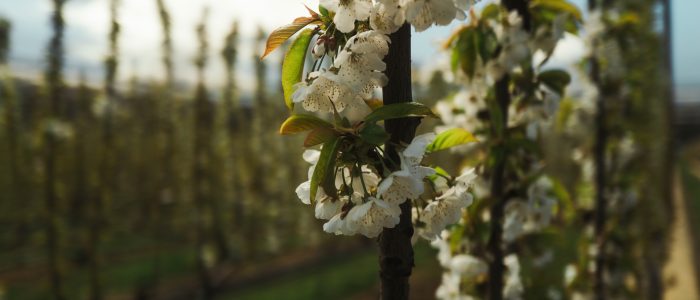
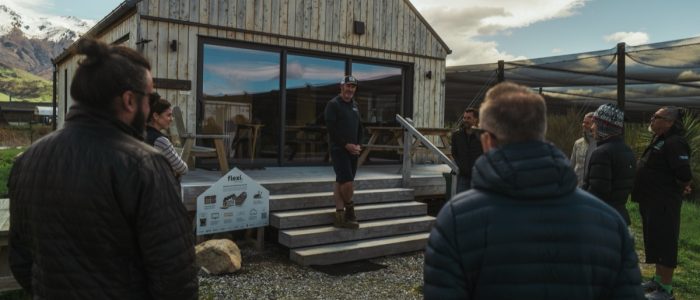
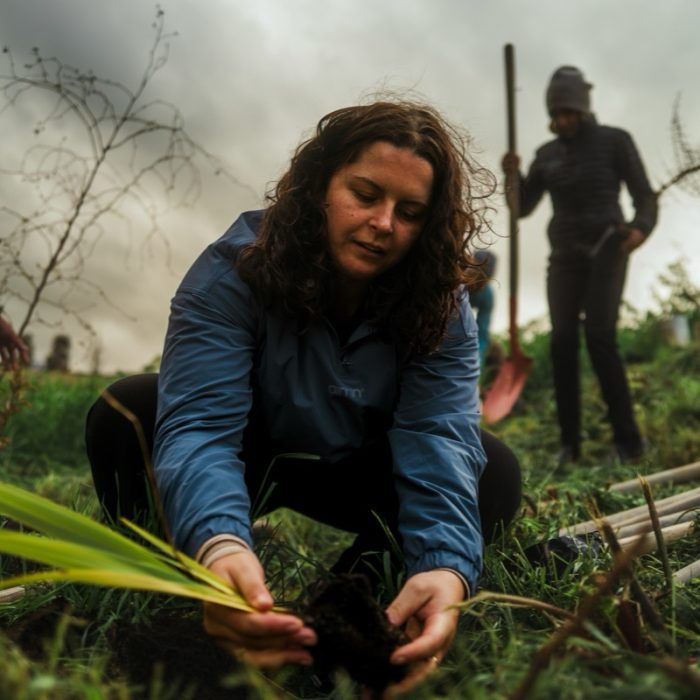
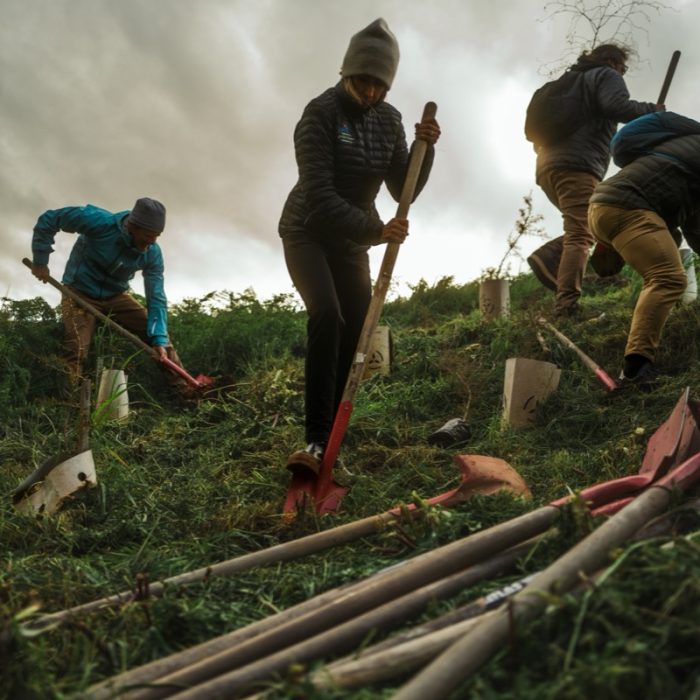
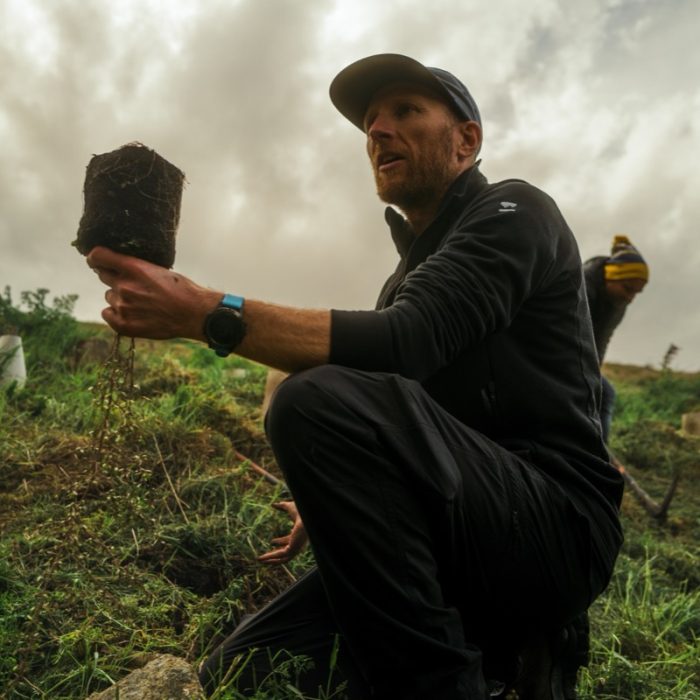
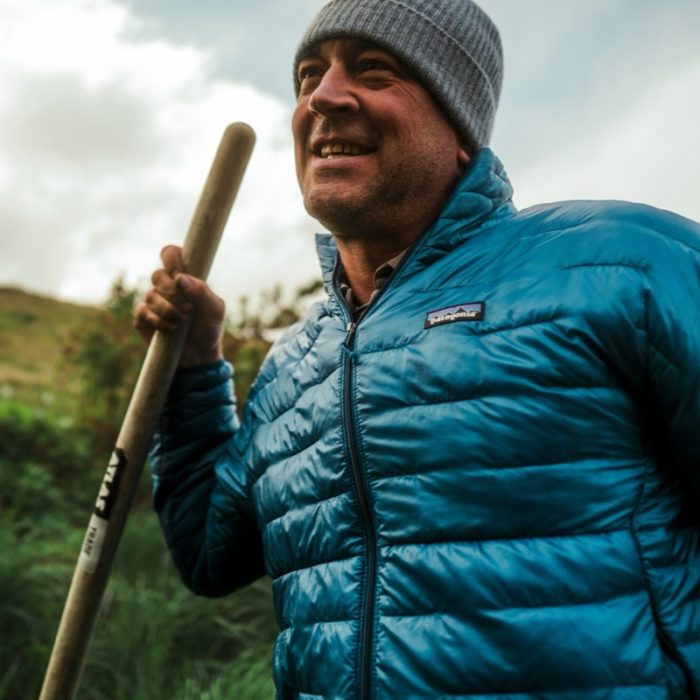
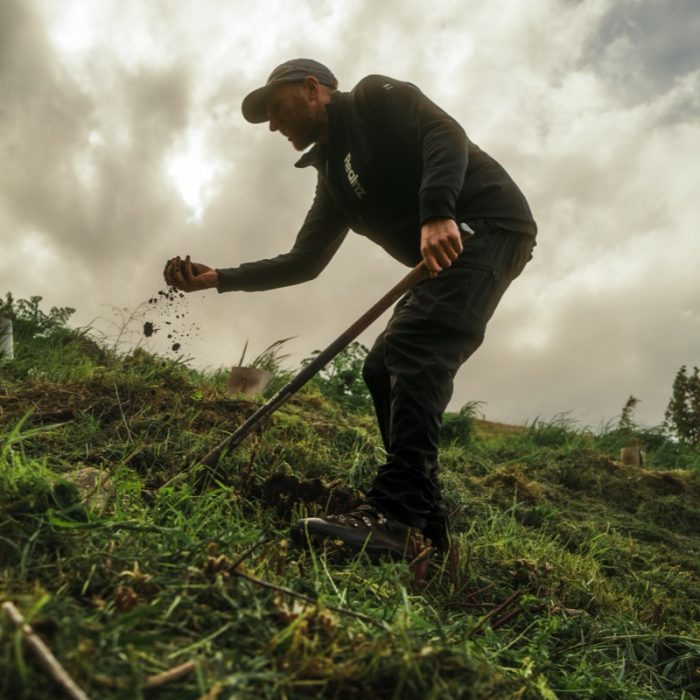
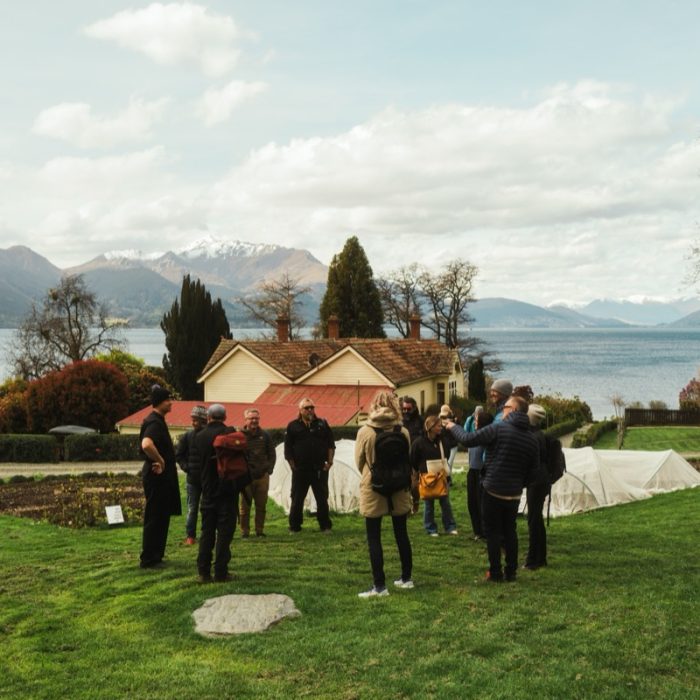


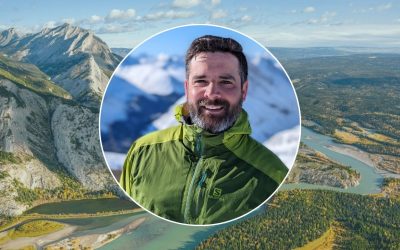
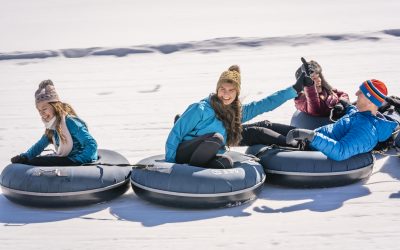



0 Comments